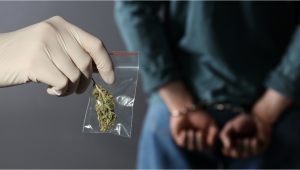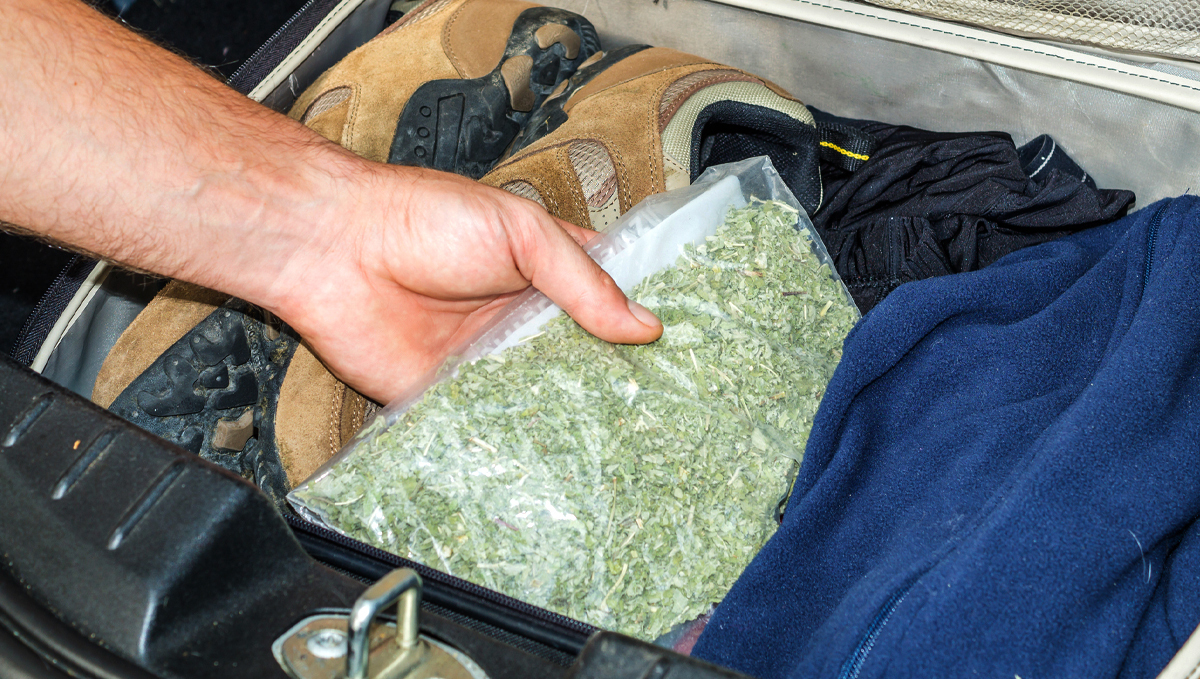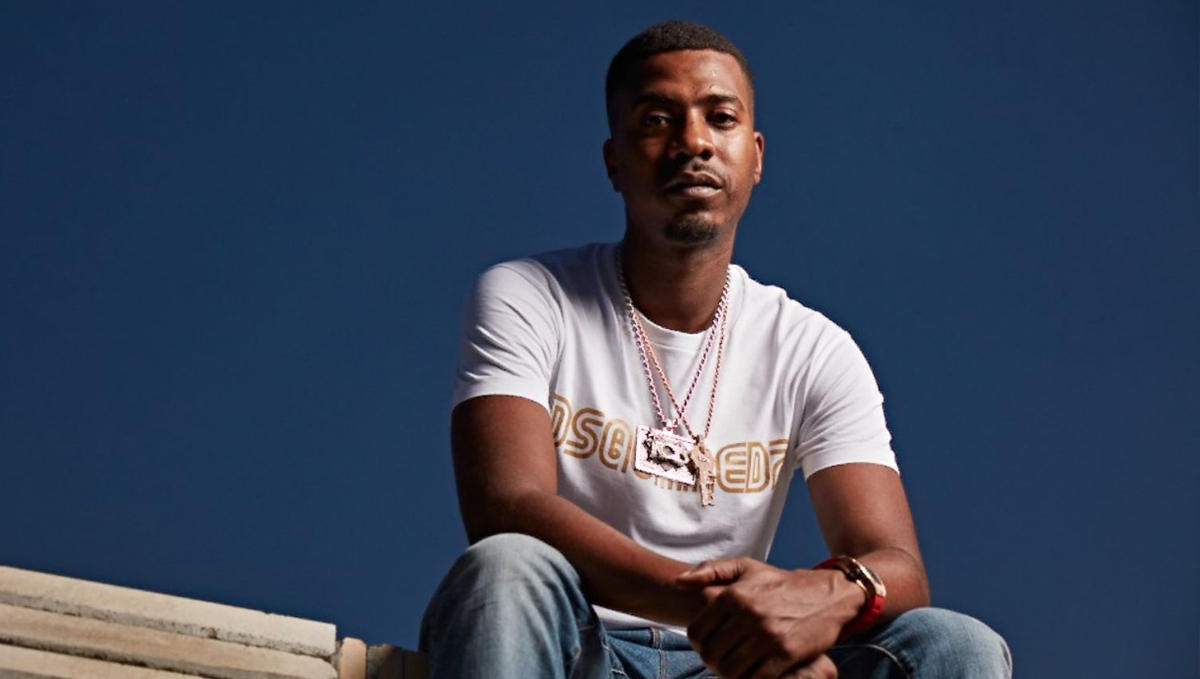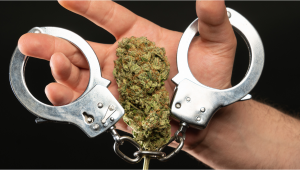Outrageously Unjust: Why Anti-Drug Laws Need to be Changed Now

Recent headlines remind us again that cannabis policy is a constant tug-of-war between those who want a more sensible approach to this and other illicit substances and those who fight hard to maintain the status quo.
While prohibitionists profess to guard the society against the introduction of yet another harmful drug with unknown consequences, advocates for the reform argue that there is nothing to introduce. Cannabis has long been a part of our life, with hundreds of millions of people worldwide using it illicitly, and many of those people bear the full brunt of the failed prohibitionist policy.
When Being ‘Anti-Drug’ Boomerangs on You
Billy Hood, a former semi-pro soccer player coaching a children’s team in Dubai, has been just sentenced to 25 years in prison in the UAE. His heinous crime was having four CBD bottles and a vape pen in his car. And those weren’t even his — the young man said that they probably belonged to his friend whom he had just picked from the airport.
The 25-year-old athlete also said that he had signed the incriminating statement under duress. For 4 days, he was refused the right to see a lawyer or anyone else. The police also threatened him that he would never leave the detention if he didn’t sign the document — one he couldn’t even understand because it was in Arabic.
Hood’s family and friends were shocked by the sentence which meant that the young man would only leave prison walls when he turned fifty. CBD is legal in the UK where patients use it to relieve pain or reduce anxiety, but it may still contain trace amounts of THC, and this makes the oil a ‘dangerous narcotic’ in the eyes of the law in the UAE.
The irony is that Hood describes himself as a man who has zero-tolerance for drugs. He still cannot believe he’s been charged with a drug offense in a country that—in his own words—shares his “beliefs and values”. Talk about wearing rose-tinted glasses!
Hundreds Hanged for Drug Offenses in Singapore
The recent dismissal of an appeal submitted to Singapore’s highest court effectively sealed the fate of a 41-year-old man who will be executed for bringing one kilogram of weed into the country.

The lawyers of Omar Yacob Bamadhaj say that the man was unaware of the contents of the parcels he had in his car when crossing the border from neighboring Malaysia. Bamadhaj’s elderly father was with him when the drugs were found, and Bamadhaj insists that the detectives threatened that both he and his father would be hanged if he didn’t admit guilt. We may have our doubts about what actually happened there, but the fact remains that no legal procedures now stand in the way of the death sentence being carried out.
Singapore has zero-tolerance for illicit substances and has executed hundreds of offenders over the years, including foreign nationals. It may not be as overtly outrageous as shooting ‘drug traffickers’ in the streets as the Philippines president used to practice, but international human rights organizations find Singapore’s draconian anti-drug laws unacceptable. Strangely, the people of this city-state support this policy, believing that it helps reduce crime rates.
A Waste of Talent
On the other, less blood-colored end of the drug war spectrum, the British rapper Nines was sentenced to a prison term for the conspiracy to smuggle 28 kilograms of weed into the UK from Spain and Poland.

This is the second time the 31-year old musician is charged with a cannabis-related crime. Earlier, he served 18 months for ‘possession with intent to supply’. Now, the author of the hit album ‘Crabs In A Bucket’ will spend another 28 months behind bars.
Even the judge who gave him and his friend the sentence called this a waste of talent. She didn’t make clear though whether she meant the rapper’s actions or the sad fact that he should lose his freedom for the substance that is now legally sold in a growing number of countries.
German Police vs Cannabis Legalization
The recent elections in Germany gave support to the parties that are all in favor of sweeping cannabis reform. However, police unions in the country are staunchly against any changes.
They don’t accept the notion that the heavy-handed approach to illicit substances has so far failed to curb their use. And they are suspicious of the example of countries like Portugal that decided to treat drugs as a medical issue beyond the competence of law enforcement.
Rainer Wendt, who heads the German Police Union, warns that cannabis legalization will be the beginning of the ‘Stoned Age’, incompatible with the country’s plans for the 21st century. Ironically, the parties that are now negotiating the coalition, say basically the reverse — that it’s the prohibition that stands in the way of a better future.











Comments